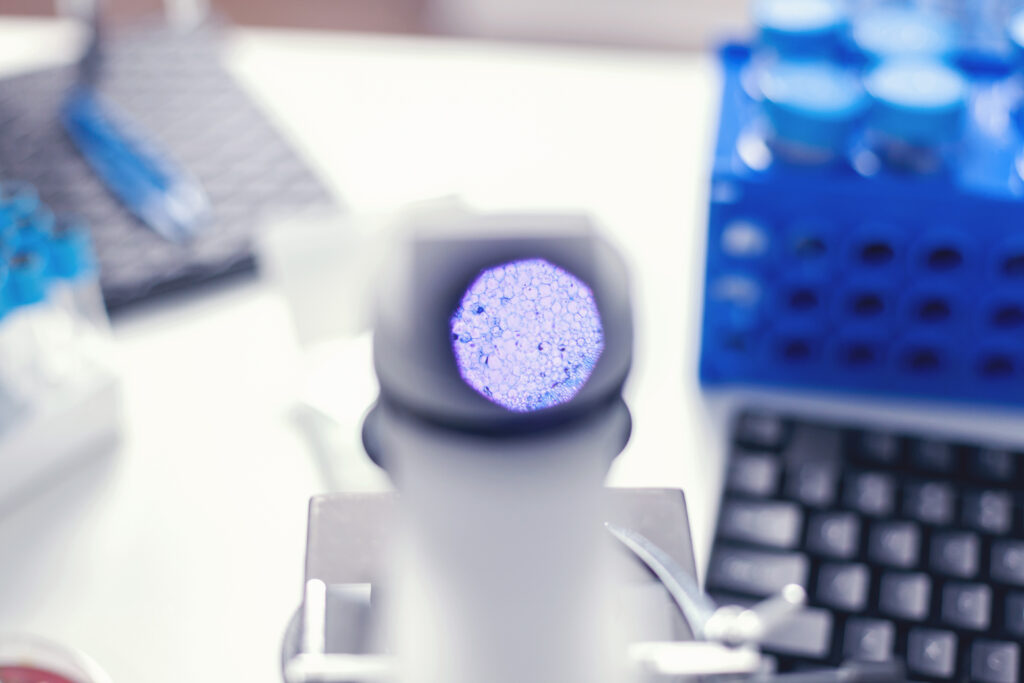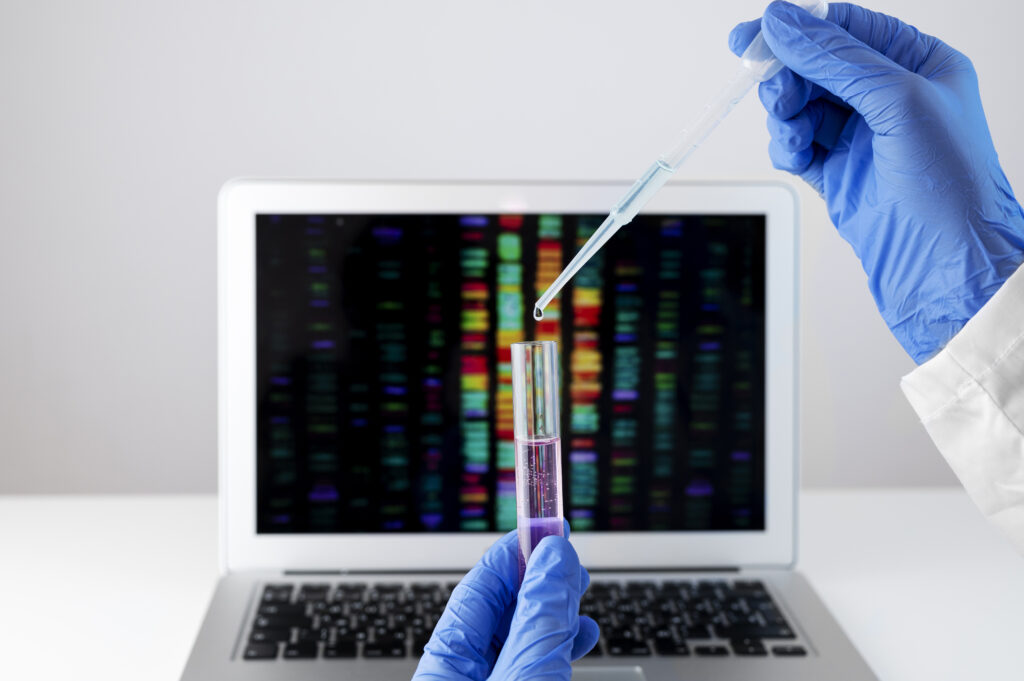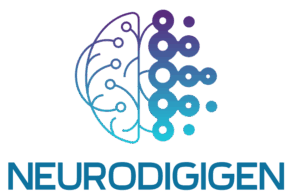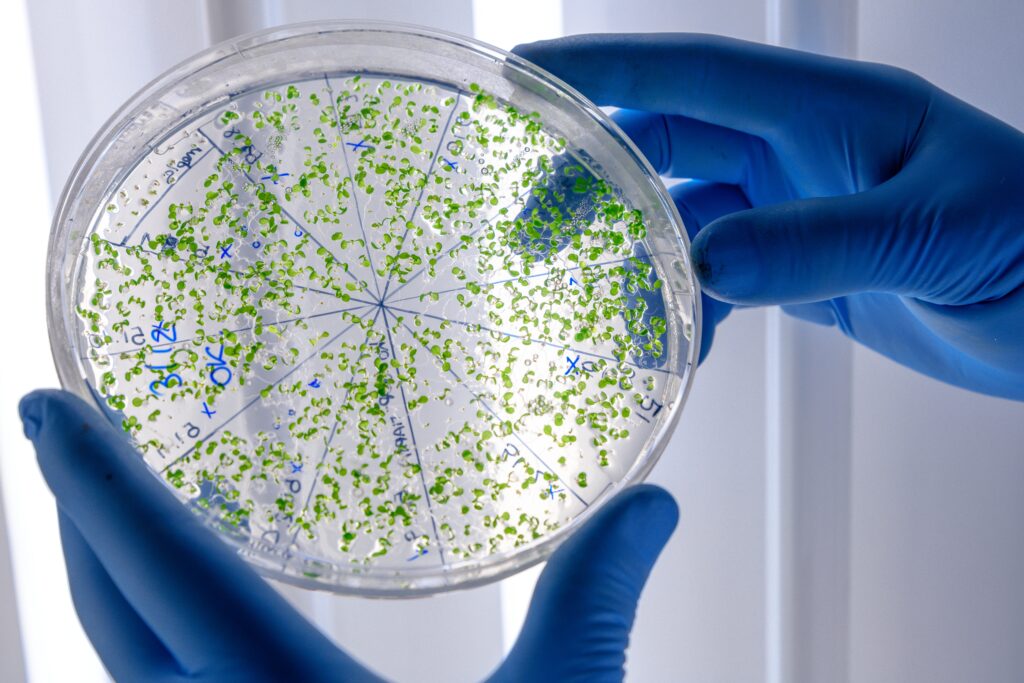Artificial Intelligence-Assisted Microbiome Analysis
Introduction
The human microbiome is a highly complex ecosystem, containing trillions of microorganisms that influence digestion, immunity, metabolism, and even mental health. Traditional methods of analyzing microbiome data can be slow and limited. Artificial intelligence (AI) brings a transformative approach by processing massive datasets quickly, uncovering hidden patterns, and generating predictive models that advance personalized healthcare.


Clinical Applications
AI-assisted microbiome analysis is opening new possibilities in medicine and wellness:
Disease Prediction: Detecting early signals of gastrointestinal, metabolic, and autoimmune diseases.
Personalized Nutrition: Designing individualized diet and probiotic recommendations based on microbiome profiles.
Drug Response Analysis: Predicting how patients will respond to specific medications or therapies.
Mental Health: Exploring gut-brain interactions to address depression, anxiety, and neurodegenerative conditions.
Public Health: Using large-scale microbiome datasets to track population health trends.
Advantages
AI-driven microbiome analysis provides several unique benefits:
Ability to process and interpret complex data at scale.
Higher accuracy in detecting subtle microbial imbalances.
Faster turnaround times compared to traditional methods.
Generation of predictive models for proactive healthcare.
Enhanced personalization of treatments and preventive strategies.
Future Outlook
As AI algorithms become more sophisticated, microbiome research will evolve from observational studies to predictive and prescriptive healthcare tools. Integration with wearable devices, mobile diagnostics, and genetic testing will create a comprehensive ecosystem for personalized medicine. AI-assisted microbiome analysis is set to revolutionize preventive healthcare, offering actionable insights that empower patients and clinicians alike.



